
Art
New exhibition at FACT Liverpool explores the impact of control systems and prison
2 years ago
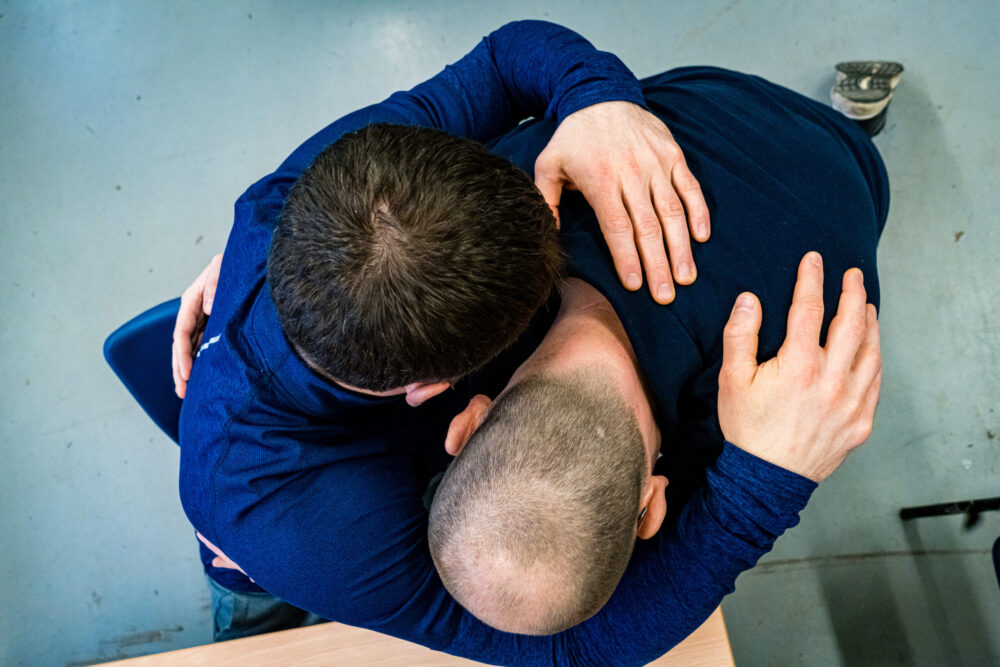
The exhibition considers the impact of systems of control on those who design them, those who administer them, and those who are subject to their enforcement.
FACT Liverpool presents On the other side — a group exhibition featuring new artworks by Melanie Crean and Katrina Palmer, alongside an existing film work by Pilvi Takala.
Each presentation encourages visitors to reconsider the everyday behaviours people learn and conform to, and how we might develop new relationships between those who hold power and those affected by it.
Melanie Crean and Katrina Palmer present two new artworks made with participants across Liverpool, York and Rochdale who have experiences with the justice system. Developed with imprisoned people and their communities, prison staff and decision-makers, these artworks make visible the complex formation of individual and collective identities shaped by the landscapes of prison and incarceration.
Interdisciplinary artist and teacher Melanie Crean uses strategies based on storytelling, performance, and speculative design to investigate contemporary social issues, reimagine cultural archetypes, and intervene in civic systems.
Crean presents a multi-channel video installation titled A Machine to Unmake You (M2UY) (2023). Since 2019, Crean has collaborated with staff and incarcerated veterans at HMP Altcourse in Fazakerley, Liverpool. Through a series of workshops, Crean and the participants used narrative techniques, including the ‘Hero’s Journey’, to facilitate discussions centred on their life experiences—from joining the armed forces to attempting to transition back into civilian life, and facing incarceration.
Participants likened their military training to a machine, emphasising the absence of a corresponding machine to ‘unmake them’ as they attempt to return to civilian society. Presented in FACT’s ground floor gallery and foyer, a series of videos depict silent performances filmed at HMP Altcourse. All of the works act as clocks in various forms, exploring concepts of time, the body, labour and mutual aid among the men.
In May 2024, Crean will present a publication which includes interviews with veterans and justice studies researchers, artists working collaboratively with incarcerated populations, and a photo essay interwoven with writings by the participants. The publication outlines the methods and curriculum used in the project that centre the lived experience of those affected by both the armed forces and justice system, and will be presented at an event at FACT later this year.
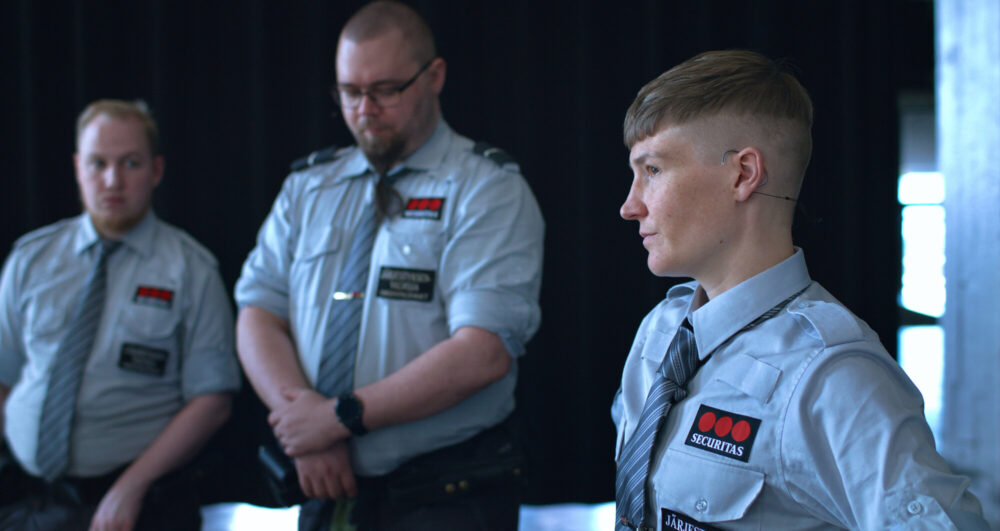
Katrina Palmer’s artistic practice includes writing and an expanded approach to sculpture, often exploring limitations and absences. As part of On the other side Palmer presents Sentences (2023), a book of texts produced in collaboration with individuals within the justice system, including prison officers, prison education professionals, academics in the justice field, and people who are currently imprisoned.
Through a series of writing workshops, participants were invited to contemplate the blank space of the page as a site to imagine alternative liberties and possibilities. Groups reflected on their understandings of storytelling by responding to three prompts provided by Palmer: ‘the space of the page,’ ‘the door,’ and ‘tomorrow’. Together, they explored how writing fiction might offer relative freedoms, and how the space of incarceration exists in the imagination of those who have never been inside. The sessions also considered the space created by individuals dedicated to support and education, as well as those who maximise possibilities within the system’s given framework.
At FACT, Palmer presents an installation of a prison library bookcase holding copies of the book alongside a ‘dead’ magpie, secured behind glass. Through the arrangement of these objects, Palmer seeks to represent concepts of confinement and freedom, both physically and emotionally. The resulting book will be available to read at FACT for the duration of the exhibition, distributed across prison libraries, and shared with professional bodies involved in the project and participants.
Pilvi Takala’s works centre around performative interventions that question conventional rules and truths governing our behaviour in different contexts. Alongside two new commissions from Crean and Palmer, FACT is pleased to present Takala’s Close Watch (2022), a film and installation originally commissioned for the Pavilion of Finland at the 59th Biennale di Venezia.
The installation is situated in FACT’s Foyer Gallery, with the film concealed behind a large one-way mirror. This multi-channel video installation is based on Takala’s experiences while working at a global security company, as a fully qualified security guard in a Finnish shopping mall.
The work sheds light on an underpaid, undervalued, and underregulated workforce, where guards are primarily trained on the job. It also explores how power is wielded in public spaces through the private security industry. Close Watch delves into the precarity of a system built on tolerances and negotiations within workplace culture, and examines its impact on society.
On the other side includes works from Resolution – a multi-year project to explore how art can affect public attitudes and influence decision-making in the justice system. Since 2019, with the support of Paul Hamlyn Foundation, FACT’s Learning team has worked with artists, incarcerated people and their families, prison staff, policy makers and criminology researchers to commission four new artworks.
FACT partnered with Liverpool John Moores University and long-term collaborator Dr Emma Murray (Senior Lecturer in Criminal Justice), who took on the unique role of Criminologist-in-Residence at FACT. Dr Murray redefined the role of an embedded researcher and played a key part in the development of Resolution, helping to co-produce the project and disseminate research between arts organisations, penal reform campaigners and criminology researchers.
Other works from the project will be showcased later in 2024. All exhibitions are free to attend.


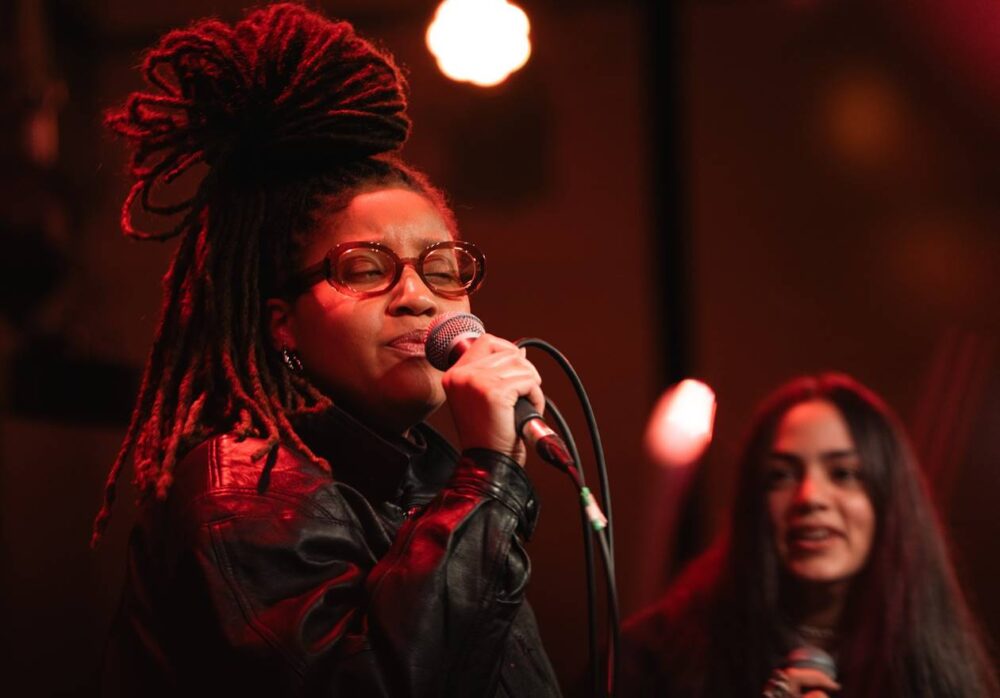
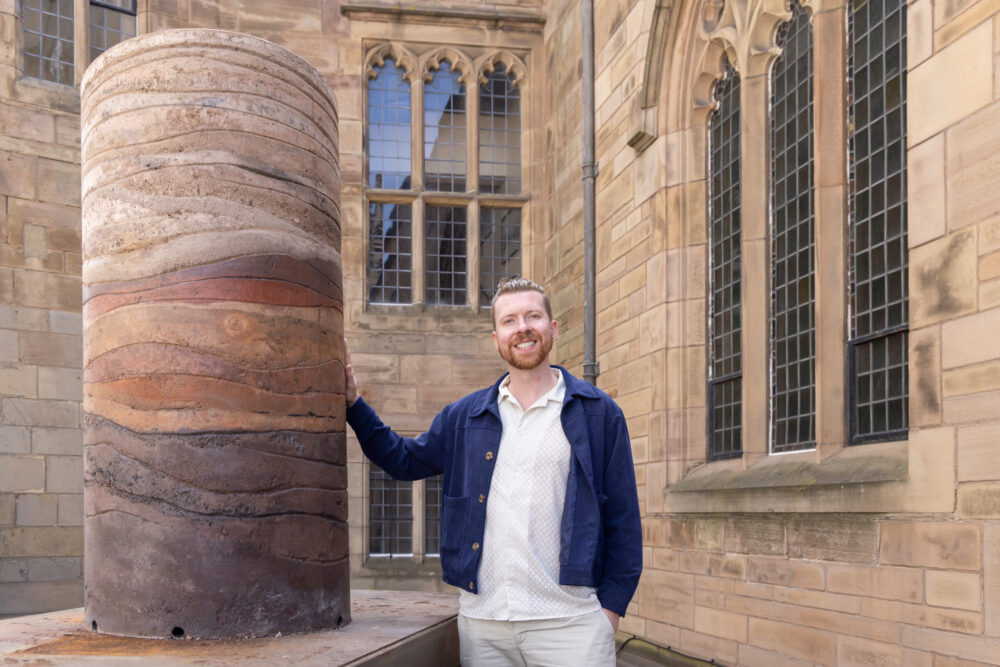
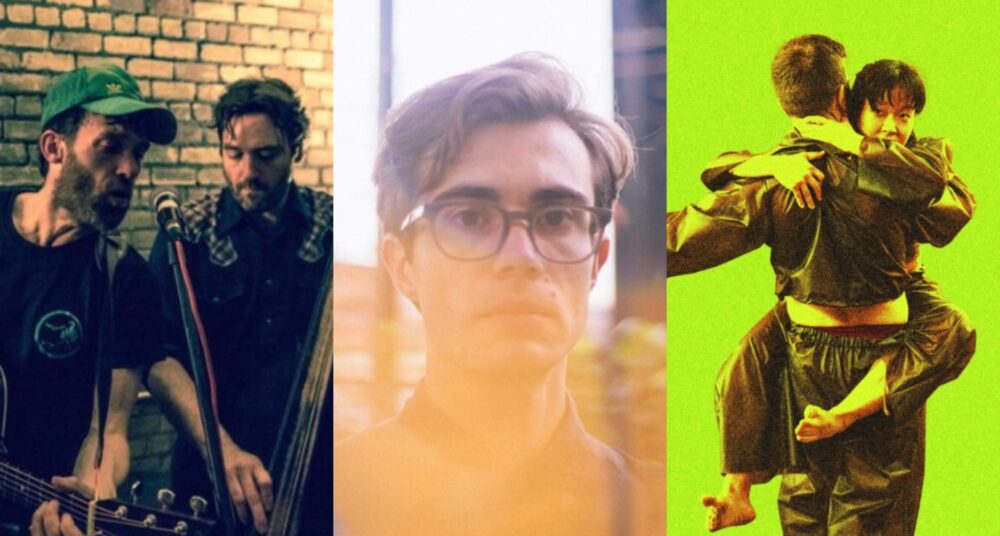

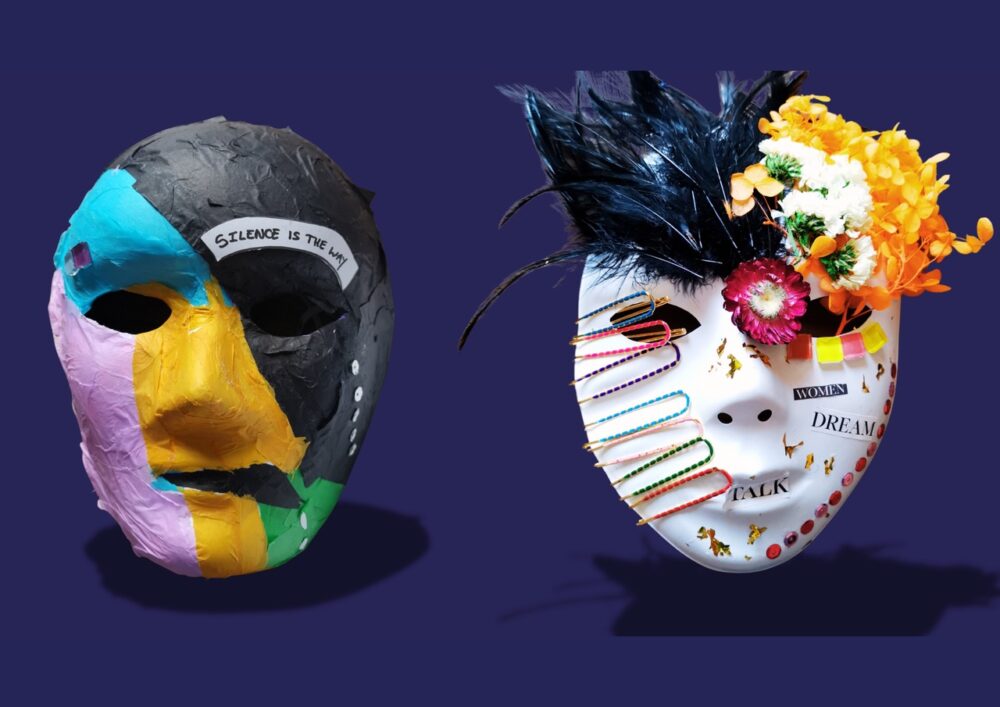
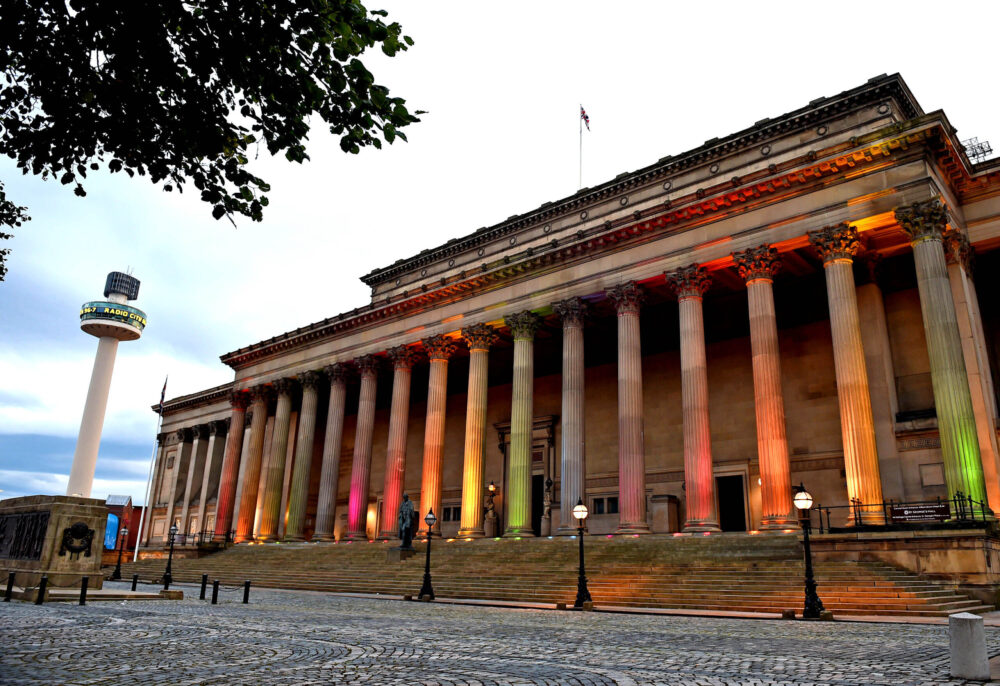

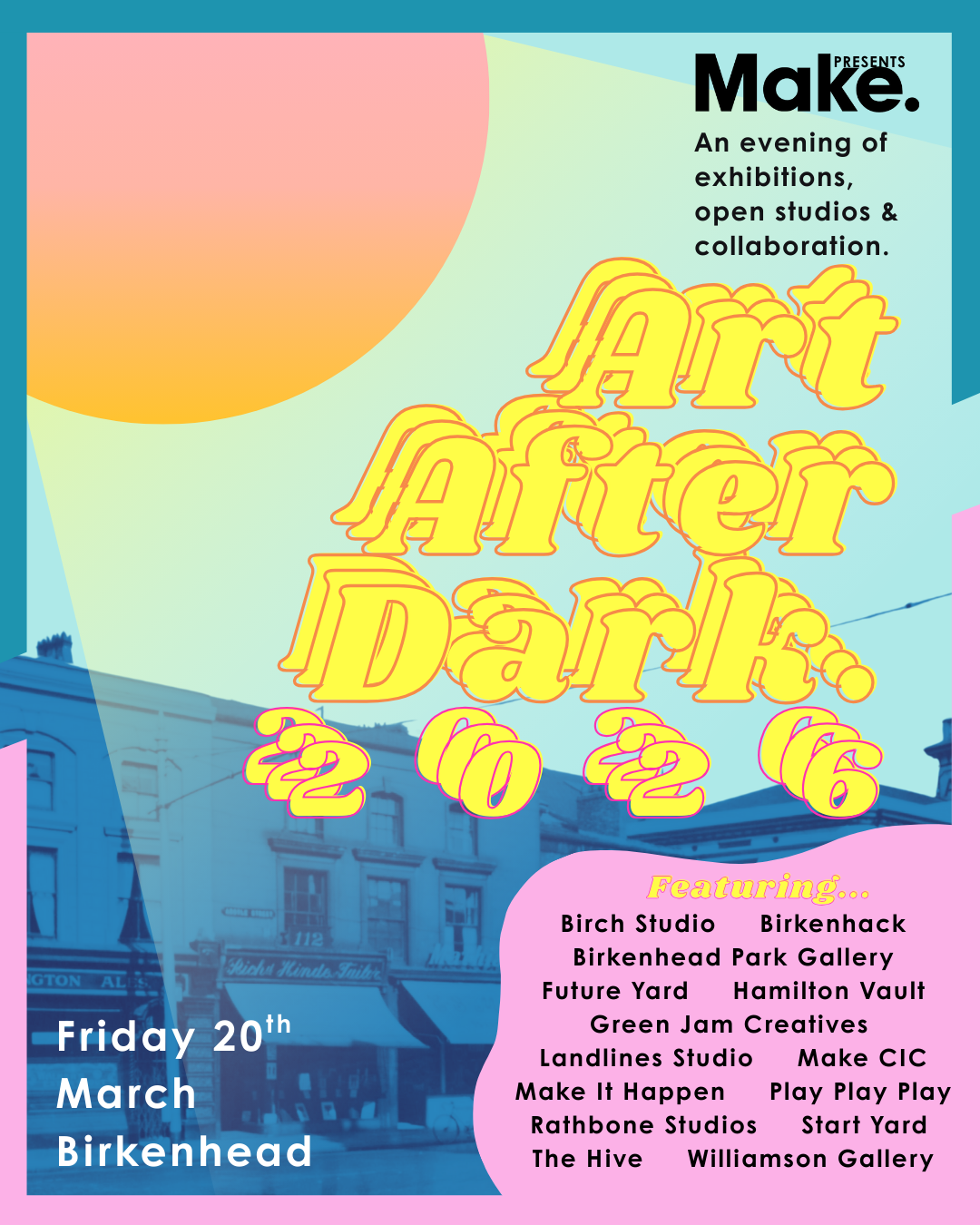
 Subscribe
Subscribe Follow Us
Follow Us Follow Us
Follow Us Follow Us
Follow Us Follow Us
Follow Us Follow Us
Follow Us











